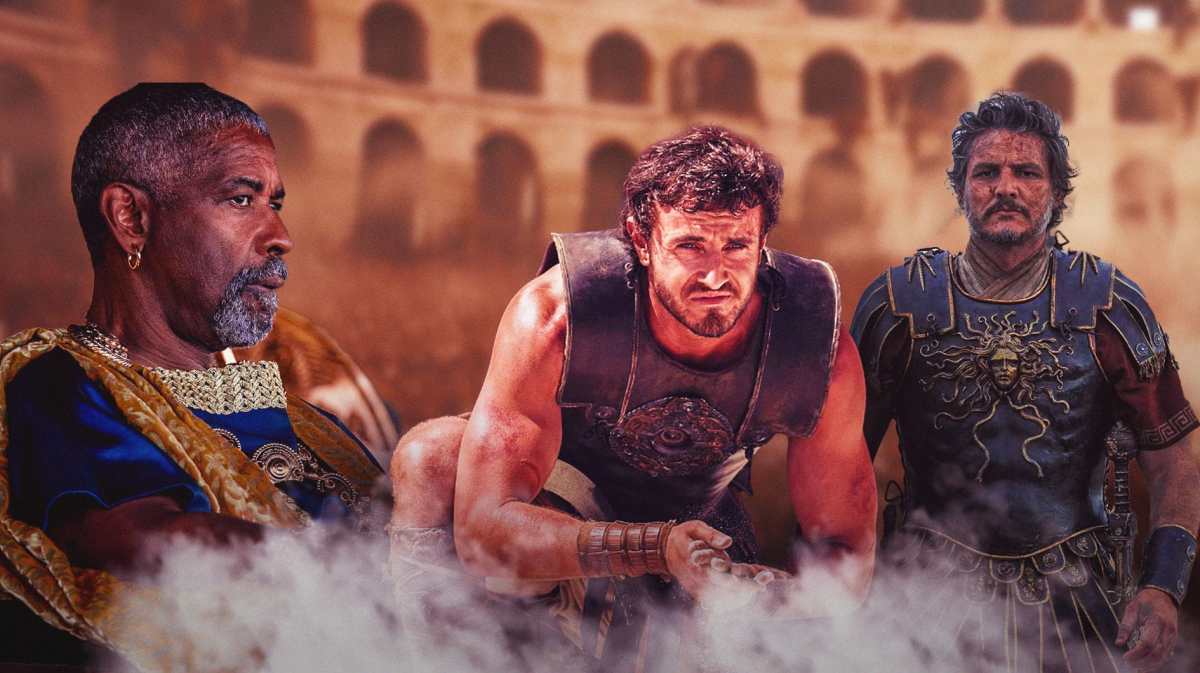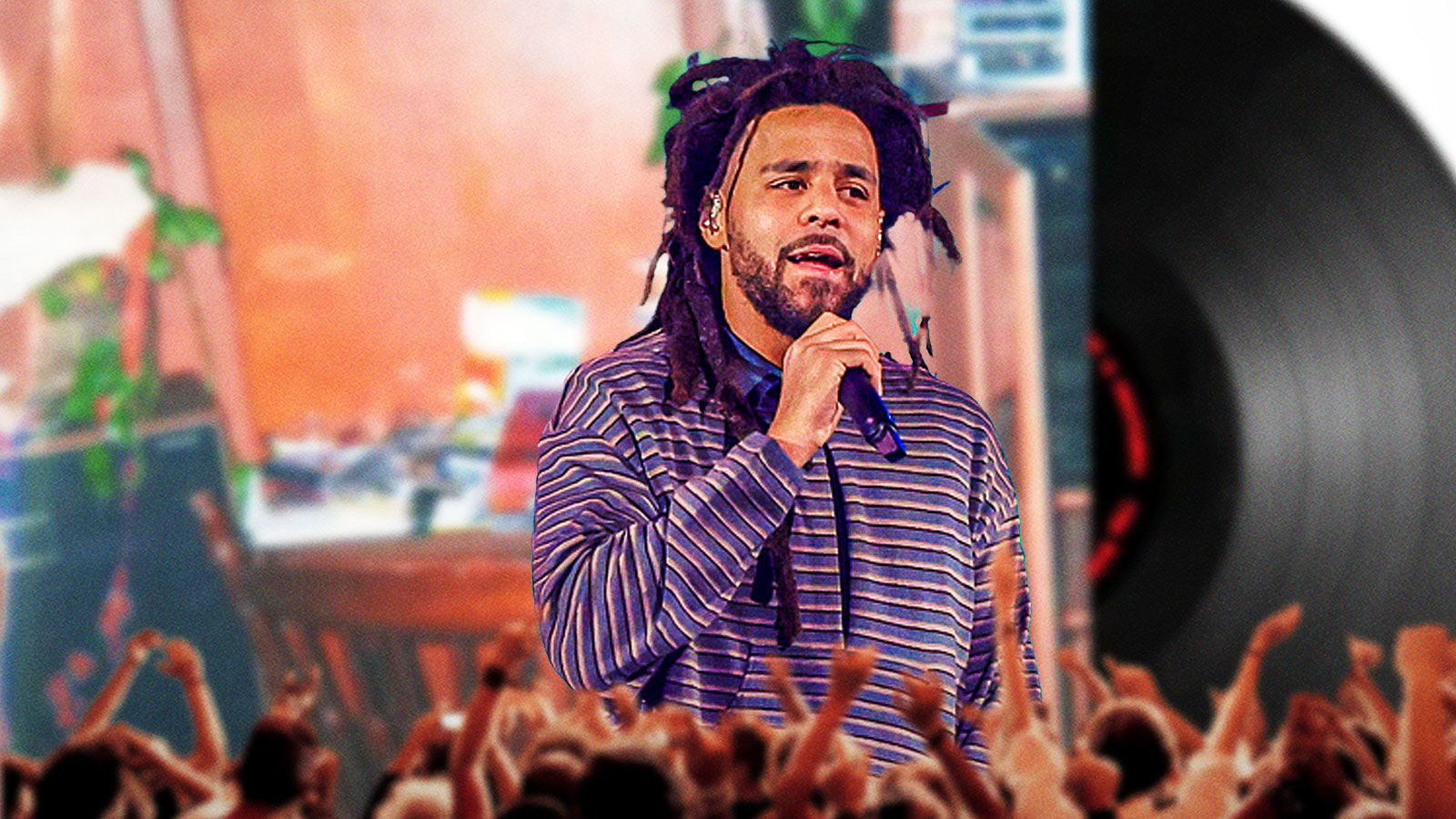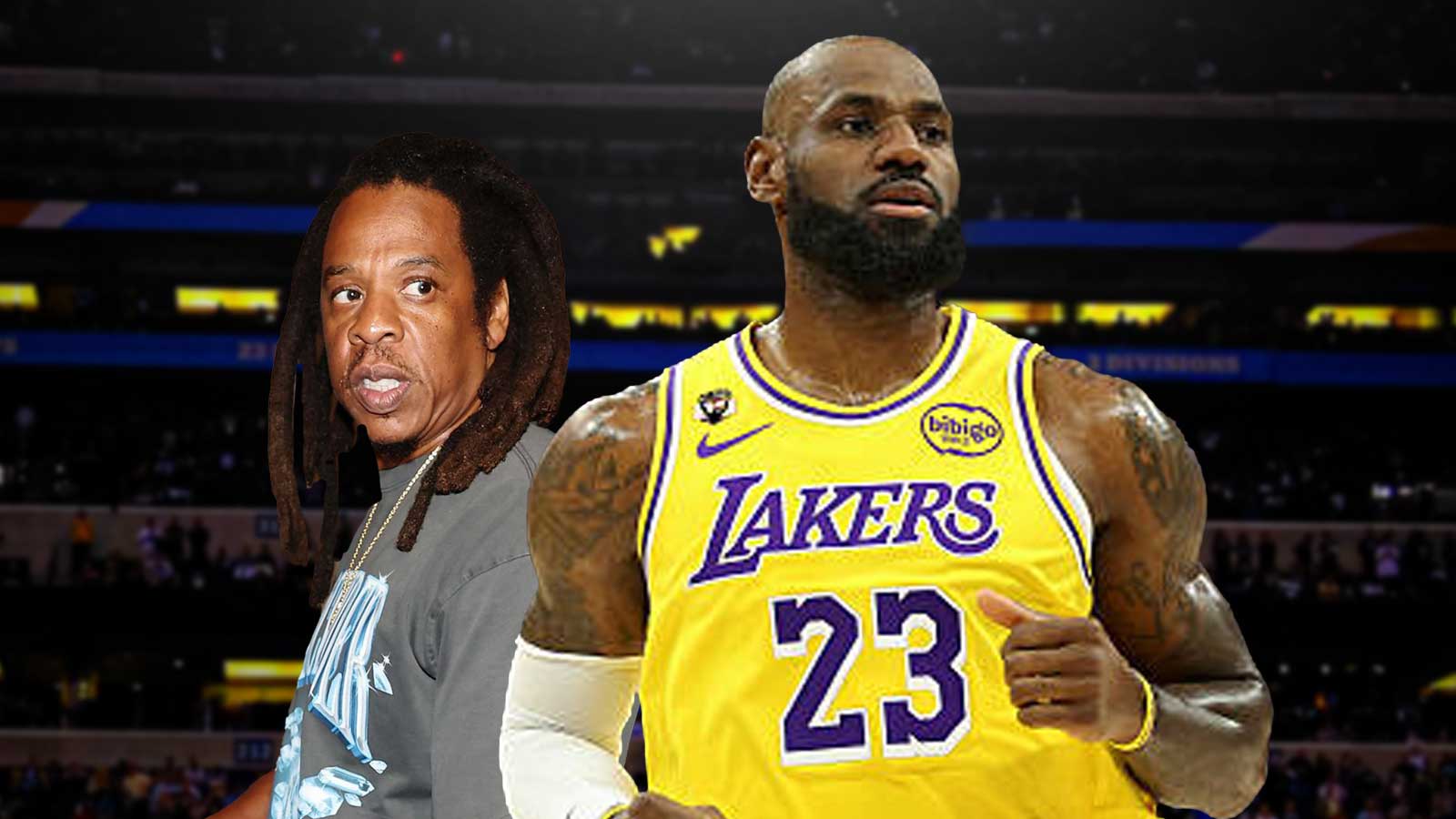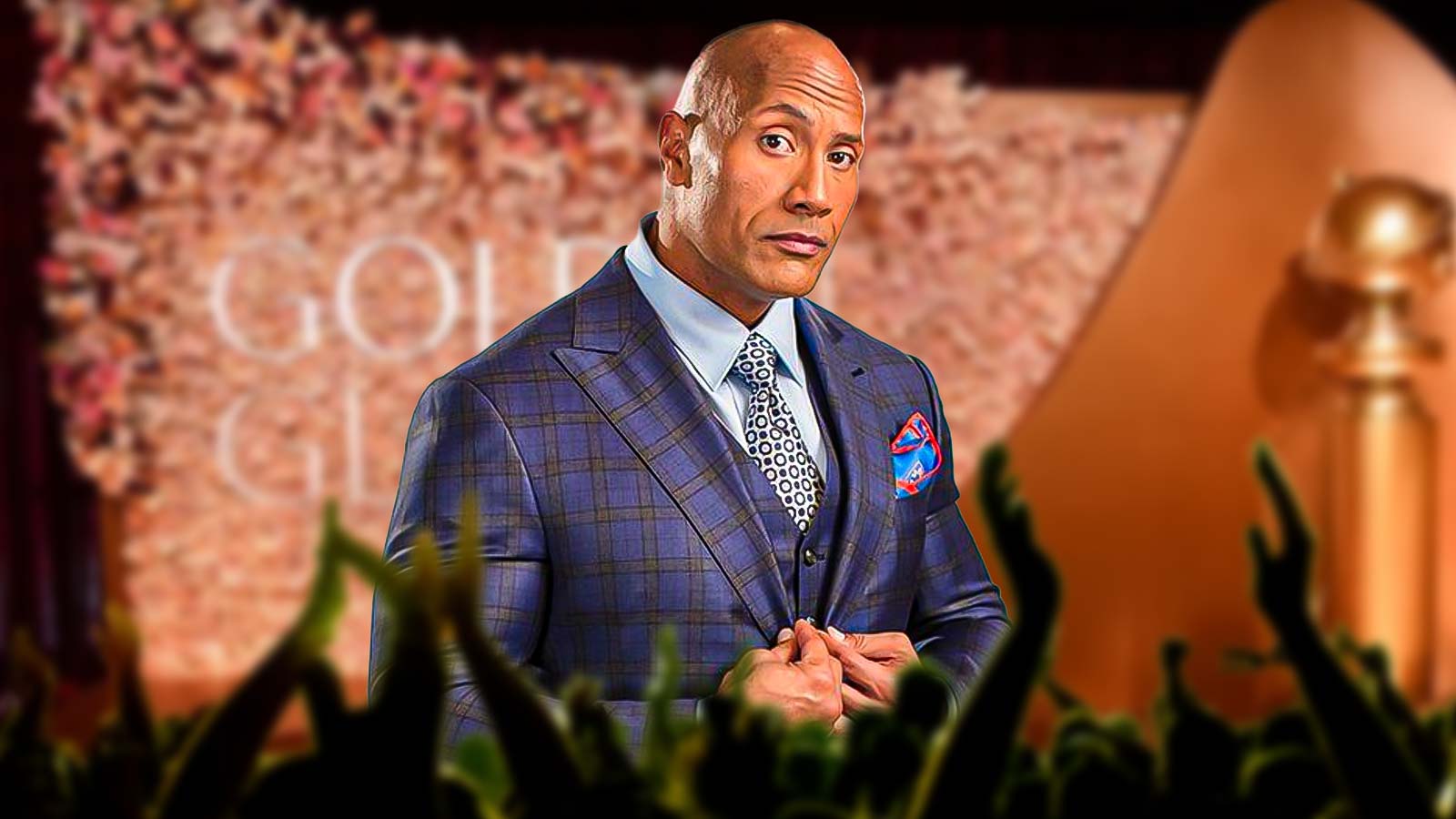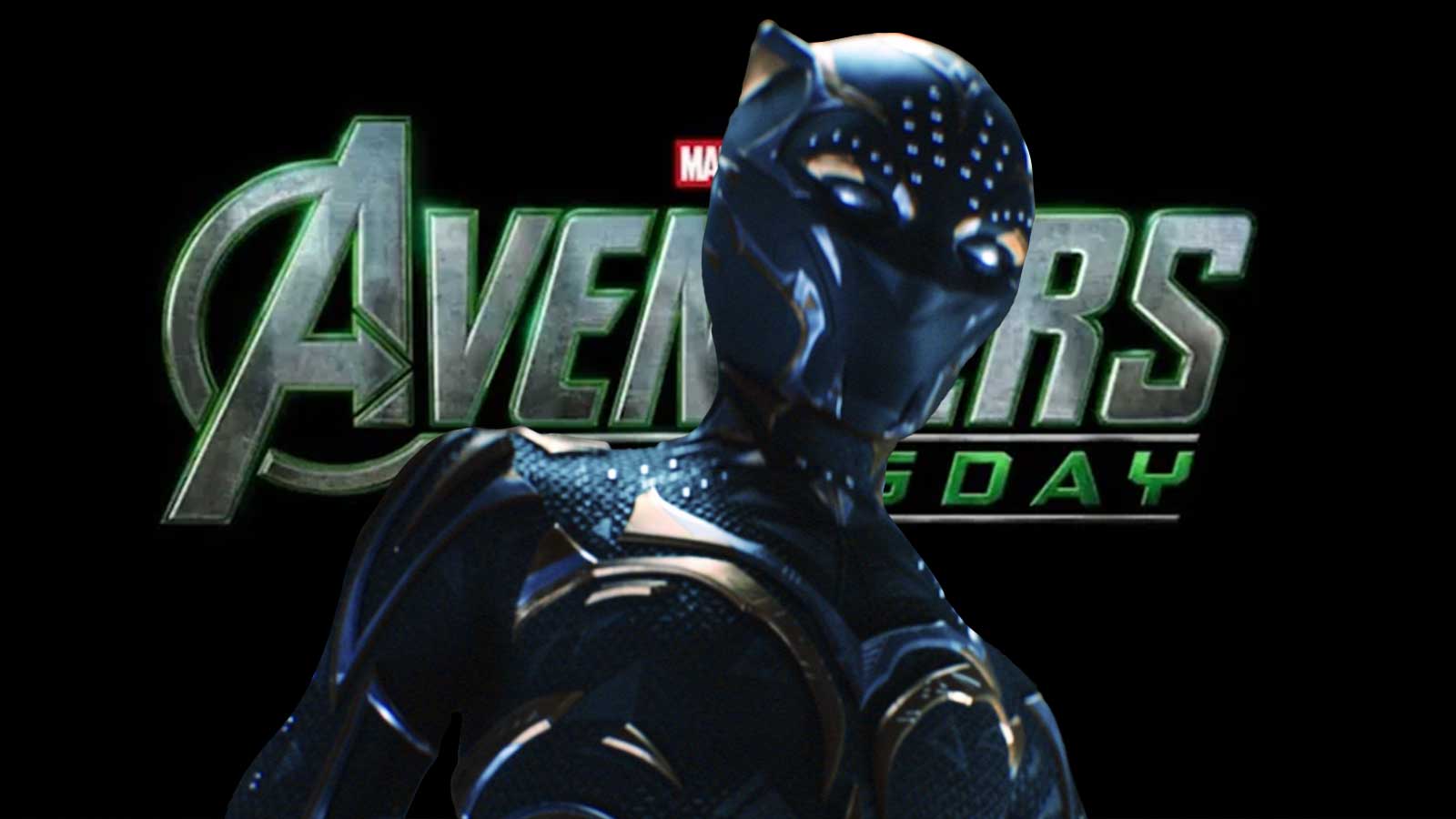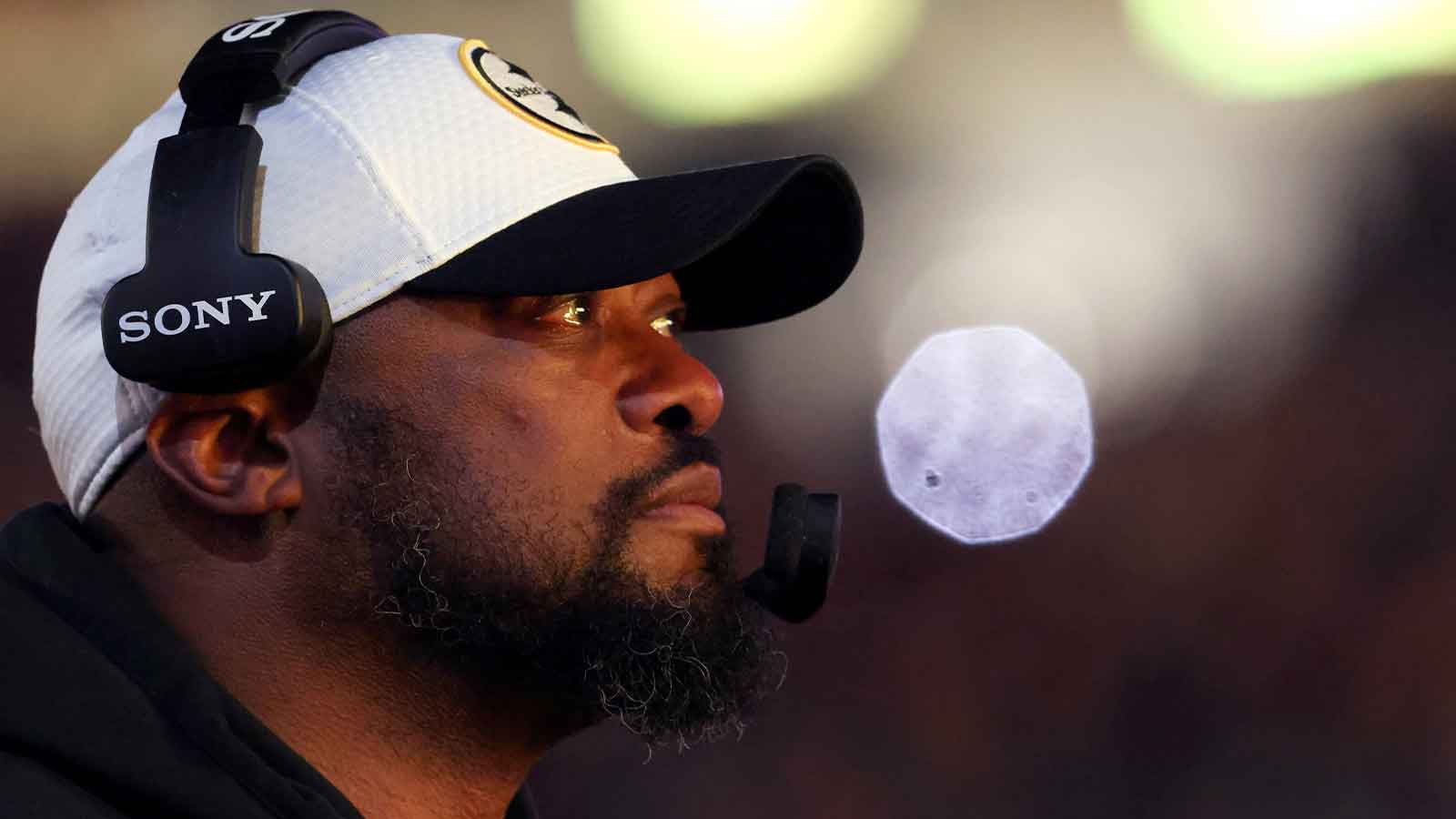The recent release of Gladiator 2's official trailer gave us the first look of the new and returning characters in Ridley Scott's highly anticipated sequel.
We're familiar with Lucilla (Connie Nielsen) and Gracchus (Derek Jacobi) as they appeared in the 2000 film.
Lucilla is based on the real-life sister of Emperor Commodus (Joaquin Phoenix). She was married to Lucius Verus, which was mentioned in the original movie. However, the story glossed over the historical fact that Verus ruled with Lucilla and Commodus' father, Marcus Aurelius (the late Richard Harris), until Verus died.
Gracchus' character in the movie is a combination of the historical figures brothers Tiberius and Gaius Gracchus. Both were regarded as champions of the people.
As for the newcomers, let's start with the two young co-emperors, Geta (Joseph Quinn) and Caracalla (Fred Hechinger).
All hail the emperors!
In Vanity Fair, Scott referred to them as twins, likening them to the antithesis of Remus and Romulus, the mythical founders of Rome.
“This moment is wobbling along on all the brutality, cruelty, and wastefulness, and the two princes, of course, pay no attention. In a funny kind of way, they're almost a replay of Romulus and Remus,” the filmmaker explained.
Historically speaking, Geta and Caracalla were brothers, but not twins. They were the sons of the emperor Septimius Severus who once served under Marcus Aurelius and Commodus. When Severus died, he proclaimed his sons as co-rulers.
The trailer portrays them as both capricious and mercurial. Their historical counterparts were said to be enemies from the time they were appointed by their father. According to historians, when they traveled from Britain to Rome, Geta and Caracalla avoided each other. They never stayed in the same house or even shared a meal. During those days, the trip would have taken anywhere between three and six weeks, depending on the mode of transportation.
When they ruled Rome, the brothers divided the imperial palace into two separate sections and only met in their mother Julia Domna's presence, with their soldiers in attendance. Both Geta and Caracalla feared assassination from the other. They once brought up the idea of splitting the empire in two halves. However, their mother opposed this.
Geta's full name was Publius Septimius Geta, while his brother used the name Marcus Aurelius Antoninus as emperor. He was known as Caracalla after a Gallic tunic he liked to wear, which became his fashion statement.
Pedro Pascal as General Acacius in Gladiator 2
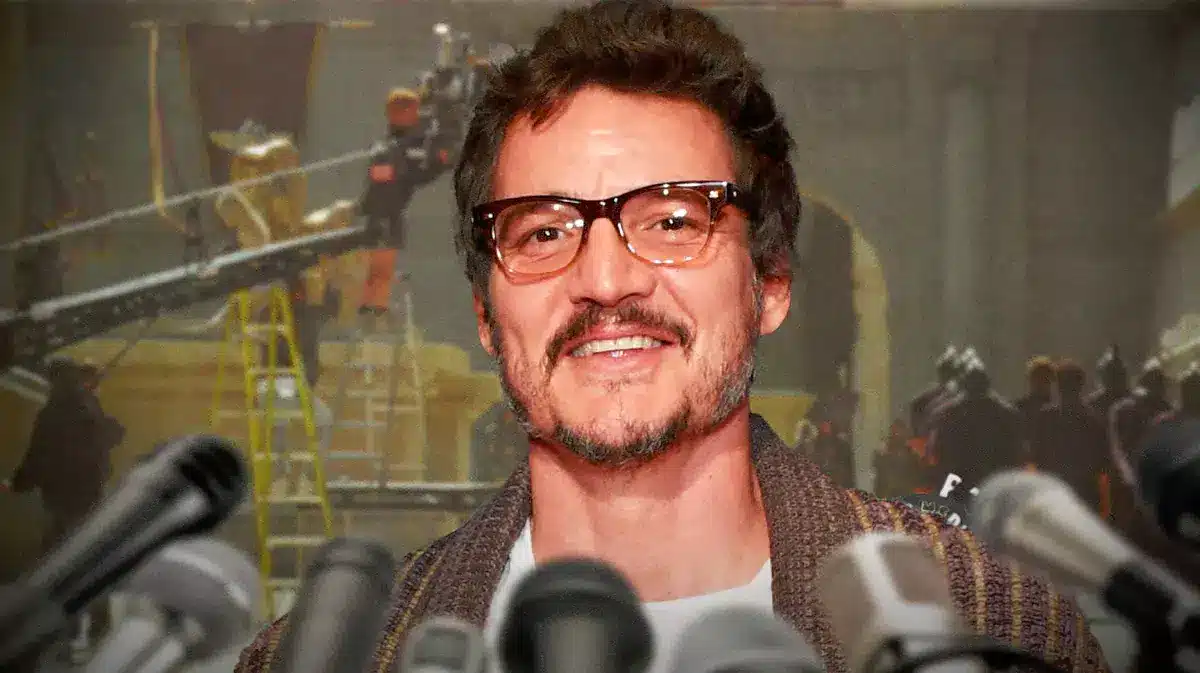
Pedro Pascal's character, Marcus Acacius, is a fictional character created for the sequel. According to Scott, he was a general who trained as a junior officer under Maximus (Russell Crowe), linking the sequel to the original movie.
“This movie has an identity that is shaped by his legacy. It wouldn't make sense for it not to,” Pascal said.
The actor described Acacius as a warrior who “learned from the best, so of course this code of honor is ingrained into his training and into his existence. But at the end of the day, he's a different person. And that can't change who he is. Maximus is Maximus, and that can't be replicated. That just makes Acacius capable of different things.”
In the film, he becomes the object of Lucius' (Paul Mescal) rage.
“The film begins with the raiding party of the Roman fleet, which comes from the sea and decimates Numidia,” Scott said. Numidia is now the north African countries of Algeria, Tunisia and Libya.
Pascal told VF that Acacius is a man who finds himself in circumstances not just of his own making.
“I think that a lot happens before you can stop and question what you've done. And then of course there's no changing it,” he explained.
Lucius, you've grown up
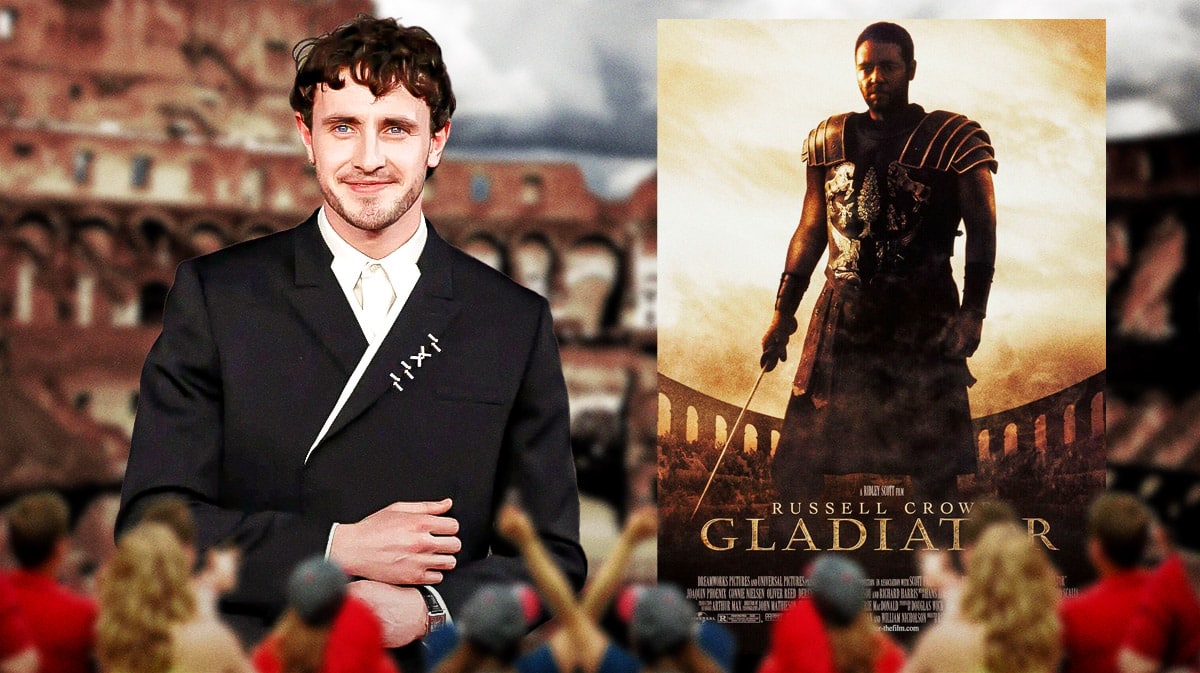
While Mescal's Lucius appeared in the original movie, his historical counterpart died even before Commodus became emperor. He had two sisters, Aurelia Lucilla and Lucilla Plautia, as well as a younger brother Pompeianus from his mother's second marriage. Lucius and his sisters died when they were children.
Pompeianus, on the other hand, survived. I believe this is on whom Scott based the movie Lucius since he lived to be in his 30s.
Mescal's Lucius' backstory isn't revealed in the trailer, but according to a synopsis, his mother Lucilla sent him to Numidia out of reach of the Roman Empire.
“He never fully understood why, and as he grew stronger, so did his resentment—even if his mother’s reasons had been pure,” the synopsis read.
I don't know about pure, but I'm sure her reasons were for his survival. Lucius was Commodus' heir. However, his ascension isn't guaranteed since the senators would have to agree to proclaim him. Lucilla must have decided to make sure he was out of the running for emperor to save his life.
But as they say, the road to hell is paved with good intentions. Numidia is attacked by the Roman army and Lucius ends up becoming a prisoner.
“When you're a POW in Rome, if you are damaged, you are killed. If you are fit, you'll get put into some kind of service, as in slavery, or you would go into the arena to die,” the director explained.
Scott revealed the twist: When Lucius arrives in Rome as a prisoner, he sees his mother in his first fight in the arena after 20 years. And he sees her sitting in all her finery in the royal box.
“And she's with the general who he came face-to-face with on the wall in Numidia,” the filmmaker continued.
In the trailer, Lucius is in a dungeon in Rome, looking at Maximus' sword placed right above his name.
“I remember that day. I never forgot it. That a slave could take revenge against an emperor,” he says to someone and we can see a flashback to the first movie of a young Lucius and his mother Lucilla right in the arena.
Denzel Washington plays the fancy Roman Macrinus in Gladiator 2
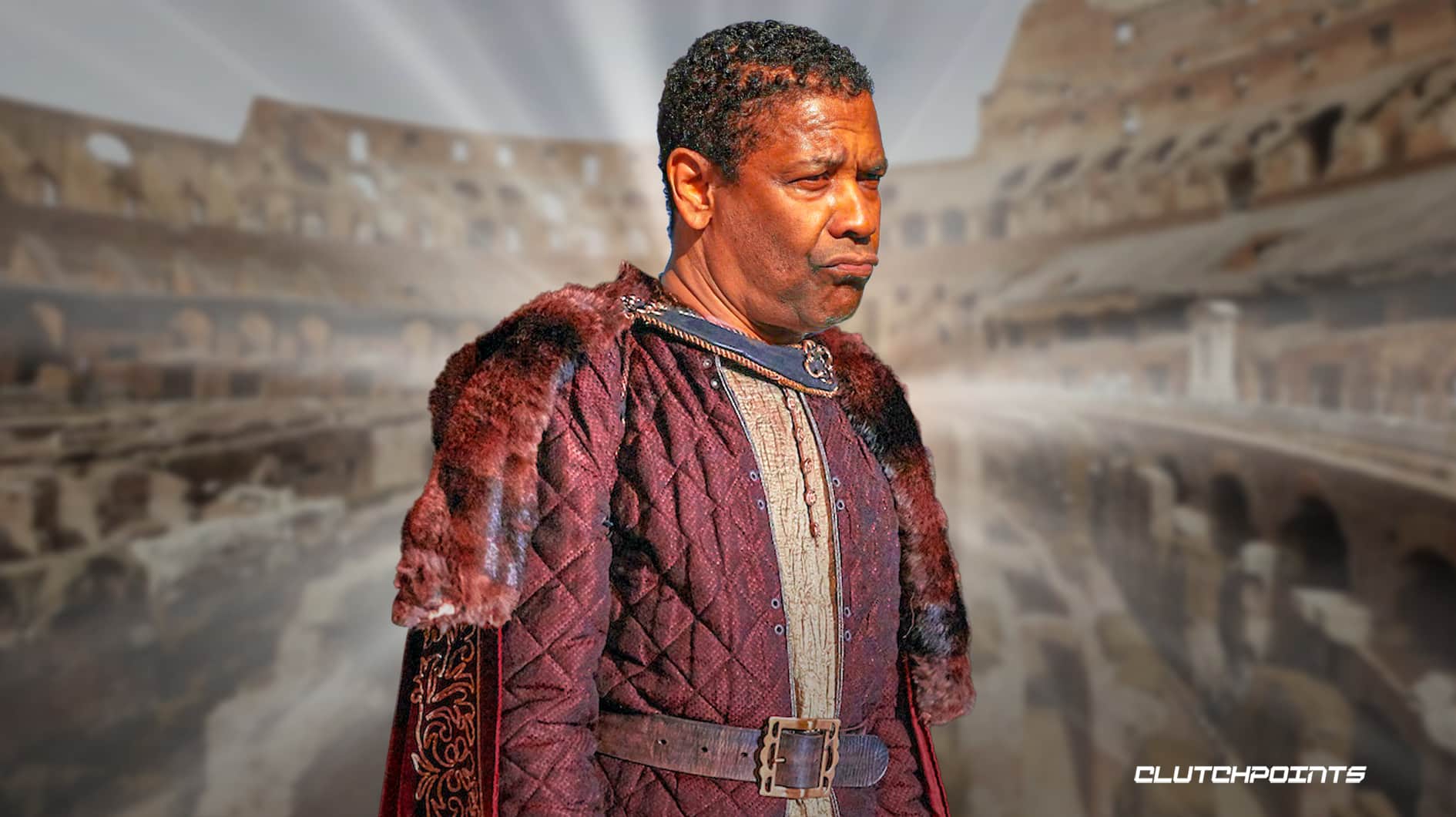
In the next scene, we can hear Denzel Washington's Macrinus asking him where he was born. Lucius then answers, “I don't know. I never knew a mother nor a father.”
Which we know isn't true. However, he could be lying to protect himself and conceal his real identity.
Macrinus probably thought it a good thing for this man to be an orphan because he tells him, “You will be my instrument.”
To which Lucius responds, “Who are you?”
Who is Macrinus indeed?
He was a real historical figure, born in Caesarea, the capital of the Roman province of Mauretania Caesariensis, present day Algeria. In the movie, he's described as a powerbroker.
“Denzel is an arms dealer who supplies food for the armies in Europe, supplies wine and oil, makes steel, makes spears, weapons, cannons, and catapults. So he is a very wealthy man. Instead of having a stable of racehorses, he has a stable of gladiators,” the director said.
“He's beautiful. He drives a golden Ferrari. I got him a gold-plated chariot,” Scott added.
In the trailer, we see Macrinus serving as both mentor and manager to the gladiator Lucius. At one point, he asks him, “Whose head could I give you that would satisfy this fury?”
When Lucius tells him he wants the entire Roman army's, Macrinus laughs and tells him it's too much. Lucius will settle for the general's then.
We see clips of Lucius in the arena, fighting, and then shooting an arrow from a crossbow. The arrow lands in between the heads of the co-emperors… and right below the general who looks up in what I would call recognition.
“Rome must fall. I need only give it a push,” we hear Macrinus say later. We see Washington in what may be a senate assembly. Among the men in togas, he's the only one not wearing one. Instead, he has a gold tunic over his clothes, advertising his status as a wealthy man. He's in the front of the room, almost lovingly caressing the seats of the emperors.
In the next scene, we see Pascal's Acacius with a cut above his eye, in the arena. This is most likely a punishment. As a distinguished general, there's no way he would be fighting for the public's entertainment.
Then we see Lucilla with Maximus' ring, with Lucius and giving him the jewelry. This must be later in the movie, when mother and son finally reunite.
We hear Macrinus again, saying, “I was owned. Now I will control an empire,” and he raises his sword as if to give a command to an army.
In another scene, we see Acacius speaking to Lucilla telling her, “I will not waste another generation of young men for their vanity.” I assume he means the emperors. This seems to be our only clue from the trailer that the general and Lucilla have a relationship.
However, Nielsen described her character as “a woman who has had a huge loss, and in the middle of that, a gift that is Pedro Pascal.”
Then it's Lucius in the arena, who asks, “Is this how Rome treats its heroes?”
And then it's Lucius and Acacius fighting, which makes me think that one of the heroes he's referring to is his enemy, the general.
Before the credits appear, we see Lucius beheading someone. I don't think it's Acacius at all. It's a blonde head with straight hair. The general's hair is brown and has curls.
While the scriptwriters may have taken a lot of artistic liberties in using the names of historical figures, I think it's important to know what happens to the real-life counterparts. And by important, I mean it would be interesting to see how actual history stacks up with Scott's version when the movie comes out. Indulge me.
HISTORICAL SPOILER ALERT
The enmity between the feuding c0-emperors ended when Carcalla had Geta murdered by members of the Praetorian Guard. Geta died in his mother's arms. Ancient historians describe Carcalla as a tyrant and a cruel leader. After Geta's death, Carcalla has his followers executed. He then ordered a damnatio memoriae (condemnation of memory) on his co-emperor, striking his name from official accounts.
As for Lucius and Acacius, they're fictional characters so we'll have to wait and see how they fare in the movie.
Lucilla's fate also depends on where the film takes her. According to historical accounts, she became concerned with her brother Commodus' instability and sought to replace him. She planned a coup which began with an attempted assassination of the emperor, which failed. As punishment, Commodus exiled Lucilla and later on sent a centurion to kill her.
Obviously, that didn't happen in the first movie and I don't think that will be her fate here as well.
As for Macrinus, his historical counterpart later on becomes Marcus Opellius Macrinus, Emperor of Rome. He was the first emperor who did not come from the senatorial class. His reign was relatively short, just a little over a year.
While Washington's Macrinus was a slave, the real figure wasn't. According to Roman historians, he was from a Berber tribe who were known for their pierced ear, thus Washington's appearance in the film is historically accurate. Macrinus received an education, which allowed to be a member of the Roman political class.
In the movie, he served as a broker. In real life, he was a skilled lawyer who became a bureaucrat under Septimius Severus. Under Carcalla, he became the prefect of the Praetorian Guard.
Putting history aside, I'm quite impressed with the trailer. Mescal's impressive physique completely sells the gladiator aspect and so does Pascal's aura of statesman-warrior.
However, I am looking forward to seeing Washington as the power broker Marcinus. Earlier reports described him as an ex-gladiator who had earned enough during his time in the arena to fight for his freedom. That alone was already intriguing for me. But add his name and the existence of an actual historical figure with that name? Sign me up.
As excited as I am to see how our characters will fare in the movie compared to their historical counterparts, I'm also looking forward to the battle scenes. I'm curious to see what the Colosseum will look like when it's filled with water to simulate naval battles — something that was actually done in real life.
However, we'll have to wait until Nov. 15 to find out.

